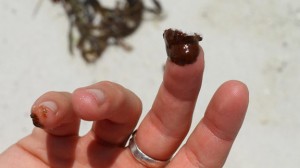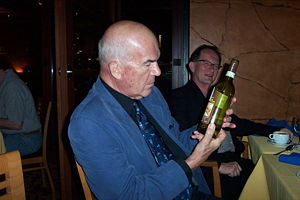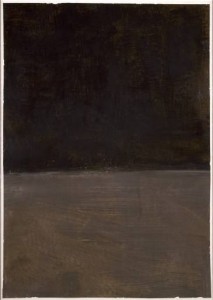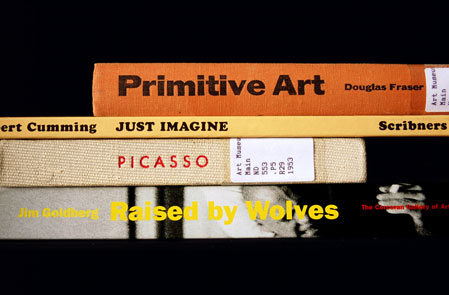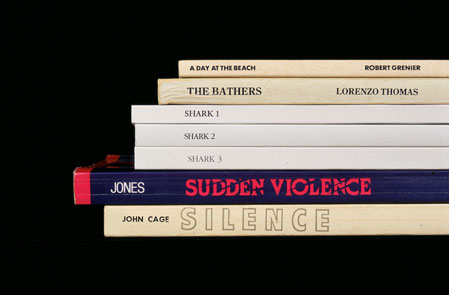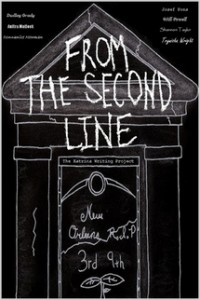 Yesterday, I wrote about my unwavering belief in the power of a serious engagement with the aesthetic to bring us closer to, as Sontag says, “a fuller humanity.” The comments on the post, especially regarding my claim that this is not a privileged position because all humans need beauty (in its most expansive, heart-changing sense), led me to think that I needed to back up the claim a little more.
Yesterday, I wrote about my unwavering belief in the power of a serious engagement with the aesthetic to bring us closer to, as Sontag says, “a fuller humanity.” The comments on the post, especially regarding my claim that this is not a privileged position because all humans need beauty (in its most expansive, heart-changing sense), led me to think that I needed to back up the claim a little more.
Four years ago, brilliant anthropologist Laura Jones and I decided that we wanted to do something to contribute to the recovery of New Orleans, a city dear to both of us.
We secured funding from Rice University to launch the Katrina Writing Project. Then we partnered with a charter school whose students were doing summer internships related to Katrina relief. During the summer, we taught the students to write personal essays about their Katrina experiences, which we then collected, published, and distributed to educators worldwide. You can download the collection here for free.
From this experience originate my beliefs about the vitalness of art in a broken world.
Our students had endured unthinkable tragedy and cruelty.
Dudley Grady’s family was turned away from a hotel only to see a white family check in moments later.
Josef Pons and his family were put on a plane. He writes, “The thing was, we didn’t know we were going to Arizona until we were in the air.”
Donnanice Newman writes, “When I finally got up, I noticed that my family was praying that the rest of our family was safe. I saw a policeman, and I asked him about New Orleans East. The policeman was talking about something that I kinda didn’t understand. But he finally said, “Baby, there ain’t no East.”
The alienation and separation of evacuation caused Anitra Matlock and her girlfriend to break up. Meanwhile, as she writes, “After the storm, random people felt that they needed to tell me why Katrina happened. The most memorable of reasons was that God sent the storm to cleanse the city of its homosexuals and sinners. If ever I needed to cry, it would be when I heard this, and when I saw my home.”
READ MORE >


